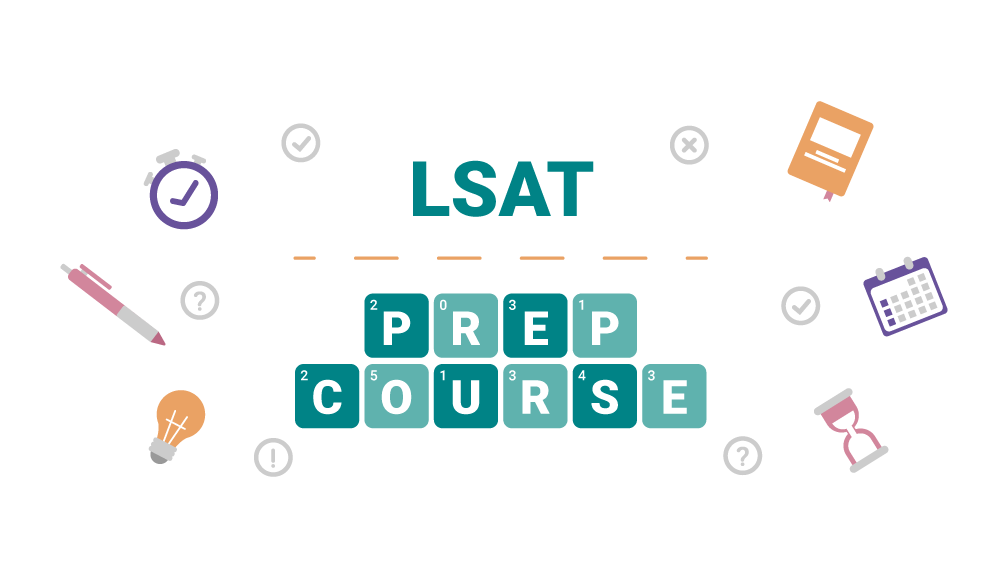An important part of the legal service team is a process server. Learning how to become a process server means you can enjoy a unique career. If you’re someone that enjoys the judicial system, this might be the right career for you.
This legal field career is one that might fit for many different types of people. If you’re considering becoming a process server, you should better understand the job duties. Let’s look at what this career is and how you can become a process server.

Job Duties of a Process Server
When you become a process server, you will have specific functions as a part of your job. Process servers will deliver legal documents to those involved in court cases. They may also provide several other functions for the legal system including filing confidential court papers.
As a process server, you will take on many legal tasks, which may include:
- Filing court papers
- Serving legal documents
- Delivering legal documents
- Find those they need to serve legal documents to
Most think of a process server as the person that hands documents to someone and says, “you’ve been served.” Obviously, it’s a bit more dramatic on TV. However, process servers do need to track down people, in some cases.
It’s common for those knowing they are going to be served legal documents to hide from process servers. This may cause you to need to use private and public databases to track them down. You may also need to interview people and use other investigative techniques to find the people you need to serve.
How To Become a Process Server in 5 Steps
Step #1 – Finish High School
If you want to become a process server, you will need to complete high school or get a GED. Most training programs will require a high school diploma or GED in order to enter into the program.
Step #2 – Complete a Training Program
You will need to follow federal and state laws. This means you need the right type of training to become a process server. Training programs are often offered through sheriff’s offices, state associations, and college campuses. You might also find some programs online.
The training you will get will include coursework on the federal and state laws. You will also learn some of the basics of serving legal documents as a process server. Some training programs will also teach you serving tactics, research skills, and surveillance techniques.
You may also learn how to become a freelance process server. Some of these training programs will teach you some entrepreneurial skills, as well. It can also be helpful to learn a foreign language, as you may need to serve those not speaking English.
Step #3 – Become Licensed
In some states, you will need a license to work as a process server. This is an important part of the process if your state requires a certification or a license. You will usually need to meet specific requirements before submitting your application.
Some of the common requirements to become licensed include:
- Be at least 18 years of age
- Pass a background check
- Complete an exam
- Submit proof of liability insurance
Some states may also have other requirements. There are no college degree requirements. However, you may need to complete a training program or gain certification to meet your state’s requirements. You can find the requirements of your state through the local county clerk’s office.
Step #4 – Get Experience
You will need to gain experience as a process server if you want to grow your career. Usually, this career means you will work for collection agencies, law offices, or for the local government in your area. You can work for an employer or work freelance as a process server.
You will spend plenty of time delivering papers and doing research as a process server. If you can find a job that allows you to do both of these things, you will gain experience and grow your career.
Step #5 – Continue Education
You will want to continue to gain knowledge as the laws and the trends of this field change. Attending workshops and seminars can help you stay up-to-date as a process server.
Joining the National Association of Professional Process Servers (NAPPS) is a great way to stay up on the trends. They offer certification opportunities, events, job listings, and so much more.
Most Important Skill for Process Servers
If you want to be a successful process server, you will need excellent communication skills. This includes both verbal and written communication skills. Sometimes, your job will be easy, and communicating with those you serve won’t be difficult. However, in some cases, your communication skills will make a huge difference.
You will also need to adhere to the professional and educational standards expected as you communicate with paralegals, judges, and lawyers, as well. Verbal and written communication skills are vital if you want to be successful as a process server.
While communication skills are important, there are a few other qualities and skills that can help you do your work better. You may encounter people that are mad, surprised, or upset in one way or another. As a process server, you will need to remain calm during emotionally charged situations.
It’s also a good thing to have strong research skills. You should also be able to review confidential documents and examine different types of identification. Being able to navigate the public records system quickly is another helpful skill.
Frequently Asked Questions About Becoming a Process Server
How much can I make as a process server?
Process servers, on average, make about $22.31 per hour, according to Indeed.com. Your wage might be higher or lower, depending on your experience, training, employer, and location.
Top employers may pay closer to $33 per hour for process servers. If you work in Denver, you may also make more than $30 per hour as a process server.
What type of benefits do process servers enjoy?
As an employee working for an employer, you will enjoy specific benefits. Process servers commonly enjoy a flexible schedule, paid time off, health insurance, life insurance, and other benefits. Some process servers can work from home and may earn a fuel discount. It’s also common to enjoy access to a 401(k) retirement plan.
Will I ever write an affidavit as a process server?
Yes. When you serve legal documents to someone, you will need to prove they were delivered. This requires an affidavit of service and you will need to get your affidavit notarized. This helps to protect the process server, the processor, and the organization serving the person.
As a process server, you will also need to understand the regulations having to do with legal documents, getting the notarization, and the affidavits for your state. Every state is a bit different.
Do process servers have to do quite a bit of research on a day-to-day basis?
Lots of research may be a part of your day-to-day tasks. If you have to find someone, you will need to do the research to find them. This may include using specific databases, interviewing people they might know, and other tasks.
Is the career of process servers in high demand?
Yes. This is a higher-than-average demand career. Every state uses process servers. This career is expected to grow by about 10% over the next ten years. This is faster than the average of all occupations.
Do I need a valid driver’s license to become a process server?
Yes. You will need to have a driver’s license if you want to work as a process server. Since you will need to track down people, a car and a driver’s license are rather important. You will likely be driving throughout your local area every day to serve legal documents.
Will I need a bachelor’s degree to become a process server?
No. This career doesn’t require a bachelor’s degree. You can get hired without any type of degree. A high school education and the right training program will be enough to land a job as a process server. There are no nationally recognized requirements when it comes to education for this career.
What type of training programs are available for process servers?
There are many different training programs you can go through to become a process server. Since you will need to understand local and federal laws, going through the right training program will make a difference. Every state is a bit different, but you can find online training programs, along with in-person programs to become a process server.
If you’re interested in becoming a process server, you can use the steps above. This can be a very rewarding career for the right person. When you want to go down this career path, make sure you find the right training program to meet your state requirements.
As a process server, you can enter the legal field. This is an entry-level type of position and can lead you down a unique career path. Learn how to become a process server with the steps above and get started today.






